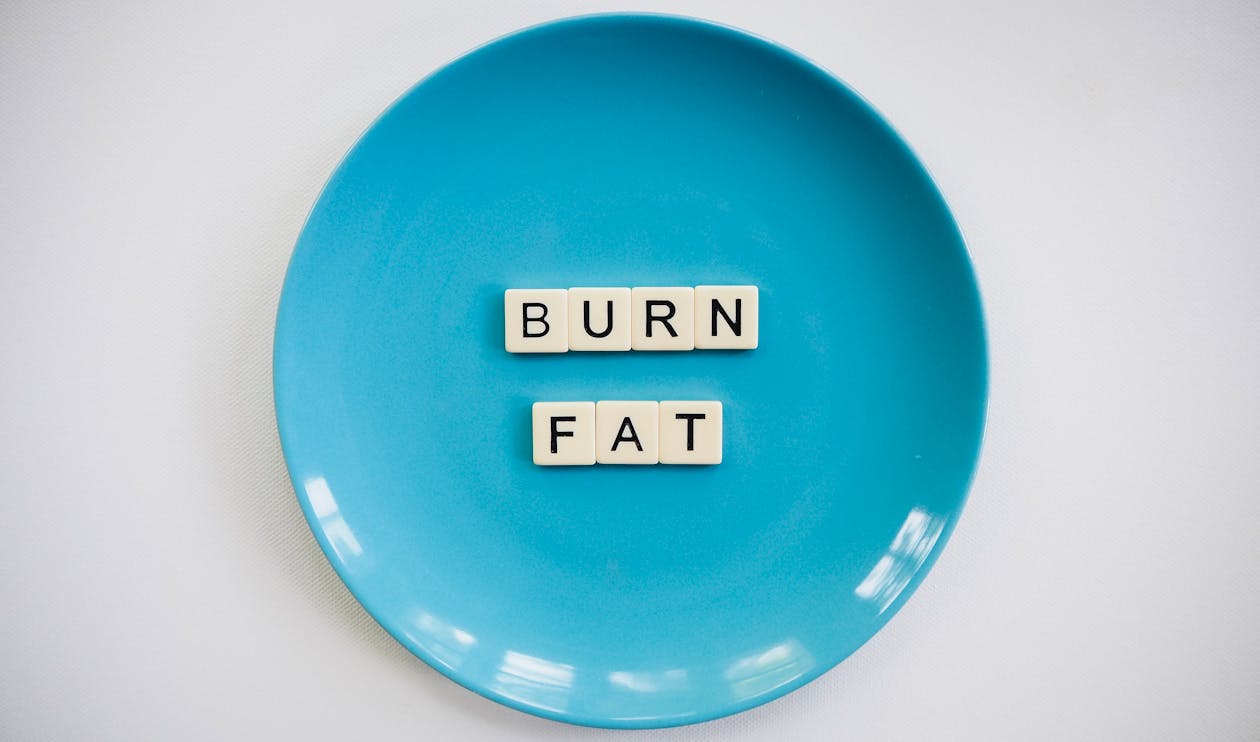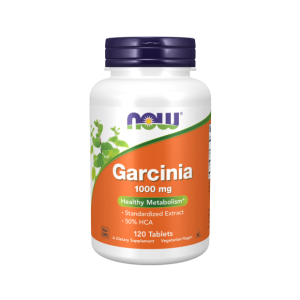
As the summer season arrives, many individuals embark on weight loss journeys to achieve their fitness goals. Interestingly, the summer heat and metabolism are closely intertwined, playing a significant role in influencing weight loss outcomes. Understanding the science behind how heat affects our bodies’ metabolic processes can help optimize weight loss efforts. In this article, we will delve into the relationship between heat, metabolism, and weight loss, providing valuable insights and actionable tips.
Metabolism and Its Connection to Weight Loss
Understanding metabolism and its connection to weight loss is crucial for those looking to manage their body weight effectively. Several factors influence an individual’s metabolic rate, including age, gender, genetics, body composition, and lifestyle choices. A properly functioning metabolism can aid in weight loss and weight management by burning calories efficiently.
One essential concept in metabolism is the energy balance equation, which states that weight remains stable when the calories consumed from food and beverages equal the calories expended through physical activity and basic bodily functions. However, when an individual consumes more calories than their body needs, the excess energy is stored as fat, leading to weight gain. On the other hand, when the body expends more calories than it receives, it burns stored fat for energy, resulting in weight loss.
One factor that influences metabolism is body composition, which refers to the proportion of fat, muscle, water, and other tissues in the body. Muscle tissue requires more energy to maintain than fat tissue, so individuals with a higher proportion of muscle mass tend to have a higher basal metabolic rate. This means that having more muscle can contribute to increased calorie burning even at rest, making it easier to lose and maintain weight.

Age also plays a role in metabolism. As people age, their metabolic rate tends to decrease, primarily due to the loss of muscle mass and hormonal changes. This age-related decline in metabolism can lead to weight gain if dietary habits and physical activity levels remain unchanged. To counteract this, it becomes essential to engage in regular physical activity, including both cardiovascular exercises and strength training, to maintain muscle mass and keep metabolism functioning optimally.
Genetics also influence metabolism to some extent. Some people may have a naturally faster or slower metabolic rate based on their genetic makeup. However, genetics do not dictate one’s weight entirely, as lifestyle choices can significantly impact metabolism. Eating a balanced diet, avoiding crash diets or extreme restrictions, and being physically active can positively influence metabolism and support weight loss efforts.
Metabolism is not a fixed entity and can be influenced by lifestyle choices. For instance, crash dieting or severely restricting calorie intake can slow down metabolism as the body enters a starvation mode to conserve energy. When the body lacks sufficient nutrients, it adapts by conserving calories and burning fewer, which can hinder weight loss efforts in the long run.
On the other hand, adopting a sustainable, balanced, and nutritious diet can boost metabolism and aid weight loss. Consuming smaller, frequent meals can also help keep the metabolic furnace burning steadily throughout the day. Eating enough protein is vital, as it requires more energy to digest and can promote feelings of fullness, potentially reducing overall calorie intake.
Another critical aspect of metabolism is the role of hormones, such as insulin, thyroid hormones, and cortisol. Hormones regulate various metabolic processes in the body, and imbalances can impact weight regulation. For instance, insulin resistance, often associated with poor dietary choices and sedentary lifestyle, can lead to weight gain and hinder weight loss efforts. On the other hand, conditions like an overactive thyroid (hyperthyroidism) can cause an increased metabolic rate and unintended weight loss.
Furthermore, sleep quality and stress management are essential factors affecting metabolism and weight loss. Chronic stress can lead to increased cortisol levels, which, over time, may contribute to weight gain, particularly around the abdominal area. Additionally, insufficient sleep disrupts hormonal balance and can negatively impact metabolism, making it more challenging to lose weight.
The Impact of Heat on Metabolism
- Thermic Effect of Heat:
When exposed to higher temperatures, our bodies experience an increase in the thermic effect of heat. This refers to the energy expenditure required to cool down and maintain a stable internal body temperature. As the body works harder to regulate its temperature, it burns more calories, resulting in increased metabolic activity. - Increased Energy Expenditure:
Hot weather often leads to a higher energy expenditure through activities such as outdoor workouts, swimming, or simply being more physically active. Engaging in these activities helps burn additional calories, contributing to weight loss.
How Heat Boosts Fat Burning
- Activation of Brown Fat:
Heat exposure stimulates the activation of brown adipose tissue (BAT), a type of fat that burns calories to generate heat. BAT is rich in mitochondria, which are responsible for thermogenesis. Studies have shown that individuals with higher BAT activity tend to have a faster metabolism and may experience greater weight loss. - Sweating and Detoxification:
Sweating is a natural response to heat and plays a vital role in weight loss. When we sweat, our bodies release toxins, excess salt, and water weight. Although the weight loss from sweating is temporary, it can provide a sense of immediate progress and motivation.
Maximizing Weight Loss in the Summer
- Stay Hydrated:
Proper hydration is crucial during the summer months. Drinking an adequate amount of water helps maintain optimal metabolic function and prevents dehydration, which can negatively impact weight loss efforts. Include hydrating foods like watermelon, cucumbers, and citrus fruits in your diet. - Optimize Outdoor Workouts:
Take advantage of the pleasant weather by engaging in outdoor activities that increase calorie burn. Incorporate exercises like running, cycling, swimming, or hiking into your routine. These activities not only burn calories but also provide a refreshing change of scenery. - Choose Light, Nutrient-Dense Foods:
Summer offers an abundance of fresh fruits, vegetables, and lean proteins. Opt for light, nutrient-dense foods that support weight loss. Include foods like salads, grilled vegetables, lean meats, and healthy smoothies in your diet. - Manage Sun Exposure:
While sunlight is essential for vitamin D synthesis, excessive sun exposure can lead to dehydration and fatigue. Take precautions such as wearing sunscreen, seeking shade during peak hours, and staying hydrated to ensure your weight loss journey is not hindered by heat-related issues.
Conclusion
Understanding the relationship between heat, metabolism, and weight loss can help optimize your summer weight loss efforts. By leveraging the impact of heat on your body’s metabolism and incorporating healthy habits, such as staying hydrated and engaging in outdoor activities, you can enhance your weight loss results during the summer season. Embrace the science of summer and make the most of this opportune time to achieve your fitness goals.
More articles:
Best Ways To Reduce Water Retention
Retatrutide for Obesity : An Effective Solution for Weight Loss 2023




